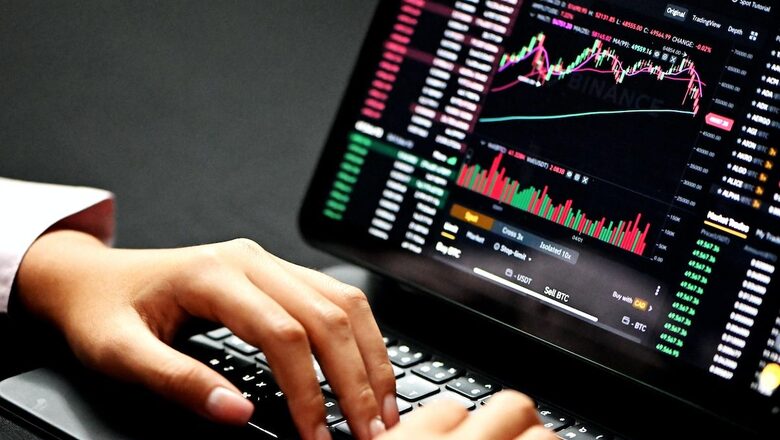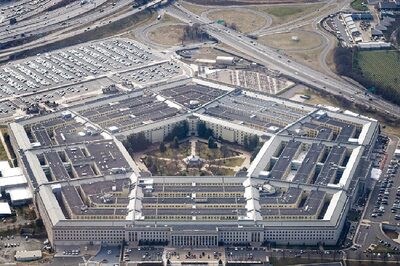
views
RBL Bank and SBI Card, which fell 9.5 per cent and 6.7 per cent in the morning trade on November 17, were the hardest hit among the banking and NBFC names after the Reserve Bank of India (RBI) tightened the norms for personal loans and credit cards.
RBL Bank slipped 9.5 per cent to Rs 230.555, while SBI Cards and Payment Services plunged 7 per cent to Rs 720.40, followed by AB Capital Money (6 per cent at Rs 168.50), Ujjivan Financial Services (5 per cent to Rs 556.05), L&T Financial Holdings (5 per cent at Rs 141.80), IDFC First Bank (4 per cent at Rs 117), IDBI Bank (4 per cent at Rs 63.08), Bajaj Finance (3 per cent at Rs 7,122) and State Bank of India (3 per cent at Rs 565.45) in intra-day trade.
Why Are These Shares Falling?
A day earlier, the central bank increased the risk weight on consumer loans as the unbridled growth of these unsecured loans has been causing a concern.
The move, in the form of higher capital requirements, could raise lending rates for unsecured customer loans. RBL Bank and SBI Card would bear the heaviest impact on the high credit care share, as the move takes away the companies’ growth multiple, Nuvama Institutional Equities said.
SBI Card would be one of the hardest hit financial counters, as unsecured loans make up 100 percent of the company’s AUM. These loans make up 31.8 percent of the total loans issued by RBL Bank.
Nuvama Institutional Equities said the move could have a negative impact on the entire sector, as it takes away the growth multiple and would increase cost of funds (CoF) for NBFCs.
Its channel checks and the RBI’s FSR suggested that the non-SBI PSU banks have high non-performing loans (NPLs) on unsecured loans even with small exposures.
“While all lead lenders will correct, we particularly call out SBI Card, Axis Bank (lower capital), state-owned banks, ABFRL, RBL Bank Ltd, and Kotak Mahindra Bank Ltd as they would lose growth or have low capital. Lenders that are least affected are IndusInd Bank, LIC Housing Finance and City Union due to their immaterial exposures,” the brokerage said.
Motilal Oswal Securities said lenders could increase interest rates to offset the impact on profitability. The cost of borrowings for NBFCs will also go up as banks look to increase lending rates while higher risk weight leads to higher capital consumption, it said.

















Comments
0 comment